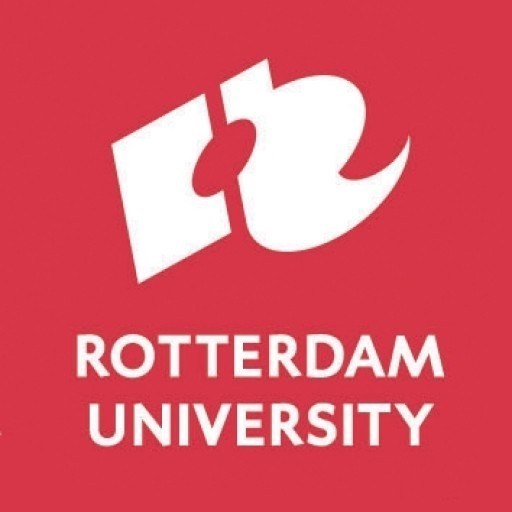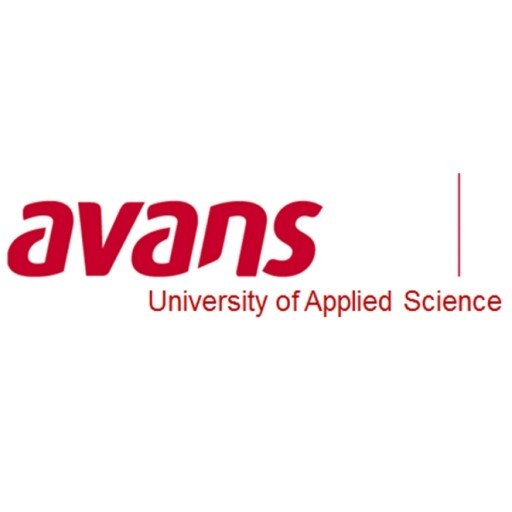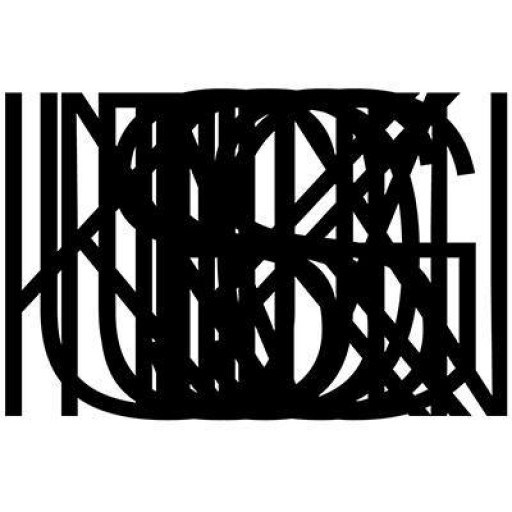Photos of university / #rmituniversity
The Bachelor of Fine Art (BFA) at RMIT University offers aspiring artists a comprehensive and immersive education in the visual arts. Designed to nurture creativity, technical skill, and critical thinking, this program provides students with the opportunity to develop their individual artistic practice across a diverse range of mediums, including painting, sculpture, digital media, installation, and performance art. Throughout the course, students engage with contemporary art practices, explore historical and theoretical perspectives, and cultivate their unique voice as emerging artists. The curriculum emphasizes experimentation, innovation, and the integration of new technologies, enabling students to stay at the forefront of the evolving art landscape. Students benefit from access to state-of-the-art facilities, including dedicated studios, workshops, and digital labs, as well as mentorship from experienced faculty members who are active practitioners in their fields. The program encourages collaboration, critical dialogue, and engagement with the wider art community through exhibitions, internships, and industry partnerships. Graduates of the Bachelor of Fine Art are equipped with the skills and confidence to pursue diverse careers in fine art, curatorial work, arts administration, and education, or to continue their studies at postgraduate levels. The BFA at RMIT nurtures originality, resilience, and a lifelong passion for creative inquiry, making it an ideal choice for students committed to making meaningful contributions to the contemporary art world.
The Bachelor of Fine Art at RMIT University offers students a comprehensive and innovative education in contemporary art practices. This program is designed to cultivate creative thinking, technical skills, and critical perspectives, enabling graduates to engage meaningfully with the art world and broader society. Throughout the course, students explore a wide range of artistic disciplines including painting, sculpture, installation, drawing, printmaking, digital media, and performance art, providing a flexible platform for individual artistic development.
The curriculum emphasizes both practical studio work and theoretical knowledge, encouraging students to experiment and push the boundaries of conventional art forms. Students have access to state-of-the-art facilities and resources, allowing them to develop their unique artistic voice within a vibrant community of artists and scholars. The program also integrates opportunities for interdisciplinary collaboration and engagement with contemporary issues, fostering a deeper understanding of the cultural and social impact of art.
In addition to studio practice, students undertake coursework in art history, theory, and curatorial studies, equipping them with a well-rounded understanding of the historical context and contemporary debates surrounding art. The program also offers internships, industry placements, and exhibitions that provide invaluable real-world experience, helping students build professional networks and prepare for careers in the arts sector.
Graduates of the Bachelor of Fine Art are well-prepared to pursue careers as practicing artists, curators, art administrators, educators, or to continue their studies in postgraduate programs. RMIT’s emphasis on innovation, experimentation, and engagement with current artistic trends ensures that students leave the program with the skills, knowledge, and confidence to thrive in diverse artistic environments. The dynamic and supportive community, combined with expert faculty and comprehensive resources, makes this program an ideal pathway for aspiring artists eager to make a meaningful mark in the contemporary art world.
Successfully completed an Australian Bachelor degree (or equivalent overseas qualification) with a minimum grade point average (GPA) of 3.0 (out of 4.0) OR undertaken significant relevant work experience or studio practice.
The Bachelor of Fine Art at RMIT University offers a range of financing options to support students throughout their studies. Domestic students may access government loans such as HECS-HELP, which subsidizes tuition fees and allows repayment through the tax system after reaching a certain income threshold. International students are required to pay tuition fees upfront or enroll in payment plans offered by the university, which may include installment options. RMIT also provides scholarships, grants, and bursaries specifically designed for students pursuing fine arts programs, aiming to reduce financial burdens and promote access to arts education. These scholarships are awarded based on academic merit, artistic talent, financial need, or a combination of criteria, and they can significantly offset the cost of tuition, materials, and living expenses. Additionally, students may seek external funding sources, including private scholarships, government grants, or sponsorships from arts organizations and community foundations. RMIT encourages students to explore Work-Integrated Learning opportunities and part-time employment options in related fields such as galleries, art studios, and cultural institutions, which can help offset costs and gain industry experience. Financial aid advice sessions are available through the university’s student support services, providing guidance on managing education costs, selecting suitable payment schemes, and applying for financial assistance. Students are also advised to budget for additional expenses typical of arts programs, including art supplies, studio materials, exhibition costs, and transportation. Overall, RMIT University is committed to ensuring that students have access to diverse financing options, enabling them to focus on developing their artistic skills and creative practice without undue financial stress.
The Bachelor of Fine Art at the Royal Melbourne Institute of Technology (RMIT) is a comprehensive undergraduate program designed to develop students' artistic skills, conceptual understanding, and practical abilities in various forms of visual art and design. The program emphasizes innovative thinking and experimentation across media, encouraging students to explore their creative potential through studio practice, critical inquiry, and industry engagement. Students have access to state-of-the-art facilities, including dedicated studios, workshops, and digital fabrication labs, enabling them to work with a wide range of materials and technologies. The curriculum covers core areas such as drawing, painting, sculpture, installation, digital media, and contemporary art practices, ensuring a well-rounded educational experience. Throughout the course, students are encouraged to develop their unique artistic voice and to critically engage with contemporary cultural, social, and technological issues. The program incorporates opportunities for internships, exhibitions, and collaborative projects, fostering professional skills and industry connections. Graduates of the Bachelor of Fine Art at RMIT are well-equipped to pursue careers in the arts, including studio practice, curatorial work, arts administration, or further postgraduate study. The faculty comprising experienced artists, curators, and industry professionals provides mentorship and support to nurture students' artistic development. With its focus on innovation, practical skills, and critical thinking, the Bachelor of Fine Art aims to prepare graduates to contribute meaningfully to the creative industries and the broader cultural sector.










